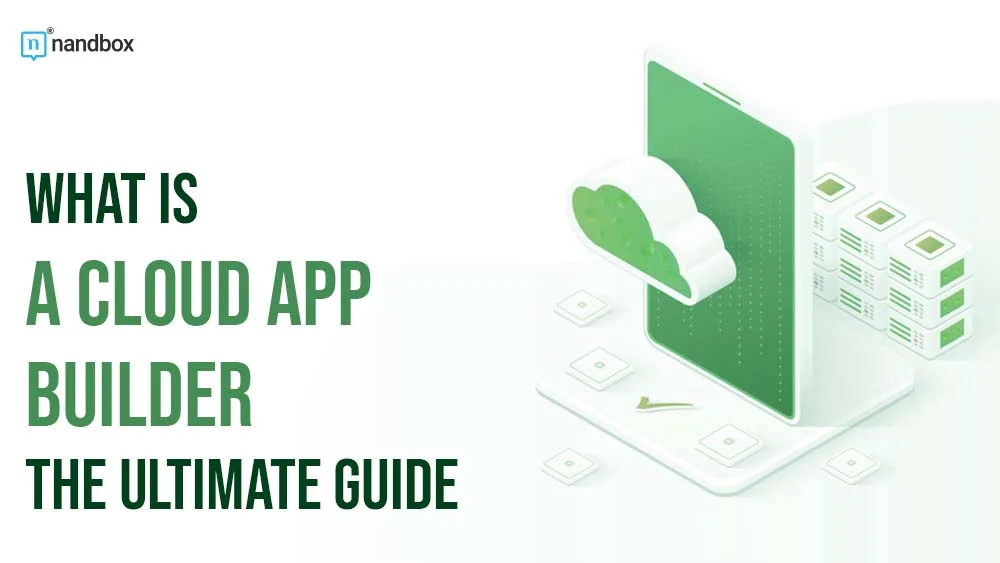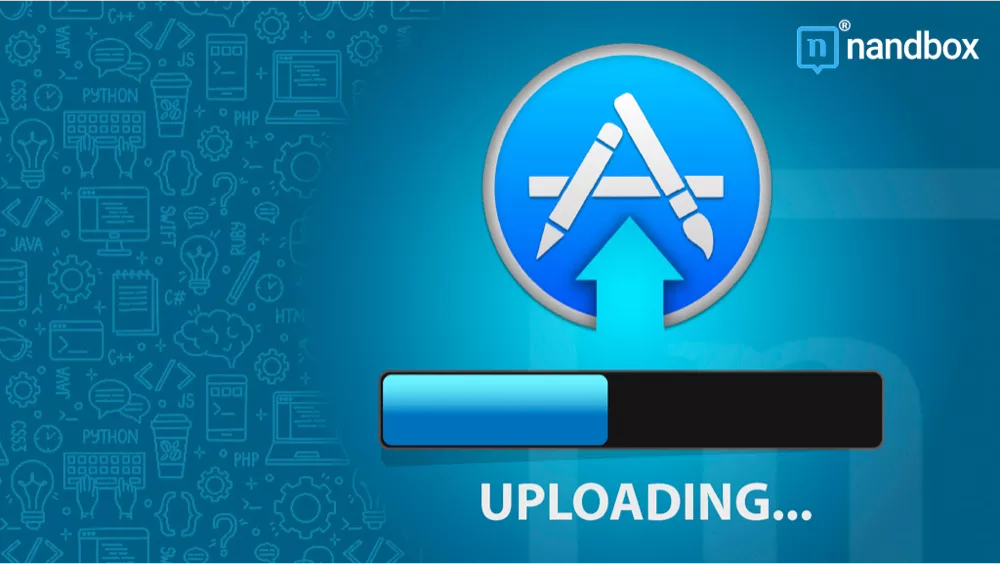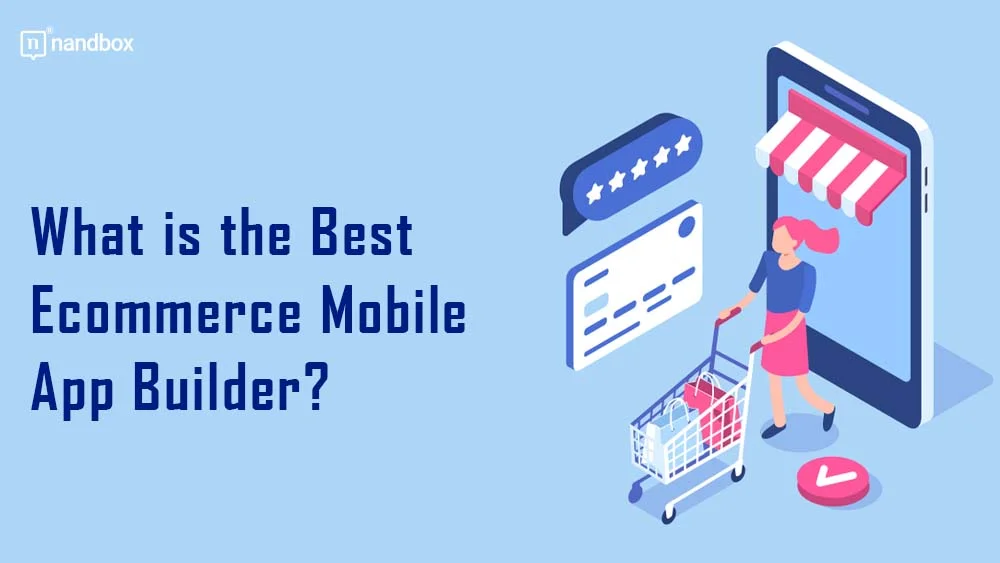Creating a mobile application in today’s comprehensive tech field is something that is becoming of great importance. Understanding that your business needs an app to reach a higher rate of exposure and visibility. However, the moment I mention the words app development, people tend to love running the other way. Why? Not because these words have teeth to bite with, but they do have a weight that overwhelms people and makes them feel like this is such a daunting task that they shouldn’t think of going through. For that reason alone, enter the solution of a cloud app builder. This is a solution for all of those citizen developers who dread the fact that they have to learn coding or programming. Additionally, it is for those who think that they have to have any technical expertise in order to start their app development journey.
So what is exactly a cloud app builder? In simple terms, it is a web-based platform that enables users to design, build, and deploy applications entirely online, without the need for complex coding skills or expensive development teams. Unlike the methods of traditional app development, a cloud app builder provides a streamlined, user-friendly interface. Their goal is to enable individuals, startups, and even enterprises to bring their app development ideas to life. It all happens in a quick and efficient way that makes cloud app builders one of the technological options of today’s technological advancements that facilitate life and processes.
With an intuitive approach to app creation, cloud app builders democratize the app development process, making it accessible to anyone, regardless of their technical background. In this guide, we will delve into the definition of a cloud app builder and identify the top providers in the current market to simplify the app development process. If you want to learn more, you can dive into this comprehensive guide to learn all about the aspects of a cloud app builder.
Understanding Cloud App Builders
At their core, cloud app builders are distinct from traditional development tools. That is thanks to their accessibility and simplicity. Traditional methods typically require downloading heavy software. Moreover, they require that you set up a development environment and learn programming languages. Cloud app builders, on the other hand, allow users to create apps directly. This is possible through a browser that leverages cloud-based technology. This means there’s no need for installation or extensive configuration. It simply eliminates the hassles that you can tangle upon with a traditional app development method. A cloud app builder makes the process seamless and beginner-friendly for everyone interested in developing an app easily.
These platforms are designed to be intuitive and visually driven. These platforms frequently integrate a drag-and-drop feature. This functionality aims to simplify app design and make it easier for people to design their apps. Additionally, cloud app builders like nandbox are equipped with pre-built app templates and customizable options that cater to a variety of industries and use cases.
Let me walk you through a hypothetical example. If you’re a business owner who wants to launch an online store, you can choose an e-commerce template. Upon choosing it, you’ll be granted customization options that will allow you to tweak it to fit your brand and have it ready within hours from starting. Another unique aspect of cloud app builders is their reliance on backend automation. This ensures that all technical complexities are handled by the platform itself. This opens up the opportunities for users to be able to focus solely on their app’s design and functionality.
Advantages of Using a Cloud App Builder
Why are cloud app builders gaining so much traction? That is because it is difficult to overlook the advantages that they offer you. One of the most significant benefits is accessibility. Since these tools operate entirely online, you can access your project anytime and anywhere. That is, as long as you have an internet connection. This feature is particularly beneficial for remote teams or businesses with global operations. Because it facilitates collaboration in real time between people.
Another key advantage is cost efficiency. When it comes to traditional app development, it often includes the fact that you have to hire a skilled developer or a bunch of them. This can be expensive. I am sorry; I know that it is expensive; hence I’ll rephrase this and say which will be expensive. When you factor in the expenses of maintaining infrastructure and purchasing software licenses, the costs can quickly become unmanageable. Cloud app builders eliminate these costs. They cut them all off by offering affordable subscription plans. Even small businesses and startups with limited budgets can now create professional-grade apps without incurring significant costs. But is it all just about saving up money? The answer is no; there is more.
Is There More to It Than Cost-Effectiveness? Yes, There is, Indeed.
A cloud app builder is a platform that also saves time. Instead of spending months coding and testing, users can build and launch apps in weeks or even days. This is one agility option that businesses tend to appreciate, as it allows them to finish their app project easily. Moreover, it allows them to test new ideas without having to endure any sort of delays. For example, a retail business could quickly create an app for holiday promotions, capturing seasonal demand (like the one we’re at now) without missing any opportunities.
Lastly, cloud app builders provide scalability. As your business grows, your app can evolve with it. You can incorporate new features, expand server capacity, or integrate third-party tools to improve functionality. All of that is possible with a cloud app builder without having to start from the beginning. This flexibility ensures that your app remains relevant and effective in a constantly changing digital landscape.
How a Cloud App Builder Works: The Full Process
You may be curious about how things work using a cloud app builder. Such potent tools always make you feel like you need to understand them and how they work in order to fully benefit from them. Leveraging cloud-based infrastructure and user-friendly design principles is what makes this tool one that acts like Dumbledore’s magic Elder wand. When you use a cloud app builder, you are essentially accessing a platform that is hosted on remote servers. This implies that the server handles all the complex tasks associated with app development that might leave you worried and weary. The process typically starts with signing up for an account. Once you get yourself logged in, users can choose from a variety of templates that are tailored to specific industries or app types. These types include e-commerce, event management, or social networking.
Next comes customization with all its options, as a blank canvas waiting for you to fill it efficiently. Through a visual interface, users can modify the app’s layout, colors, fonts, and content to align with their brand identity. Advanced platforms also allow users to add features like push notifications, payment gateways, and geolocation services. These features are all available to implement without having to write a single line of code. Once the app is designed, the platform offers a testing environment where users can preview its functionality and make adjustments based on how the app looks and functions. The final step is deployment. With a few clicks, the app is published on app stores or made available as a web app.
Challenges and Limitations of a Cloud App Builder
While cloud app builders are incredibly versatile, they are not without challenges. One common issue is the learning curve, particularly for users who are completely new to app development. Despite their user-friendly interfaces, mastering the tools and understanding the platform’s full potential can take time. However, most cloud app builders offer tutorials, a detailed documentation section, and customer support to help users get started.
Security is another concern that businesses often worry about. Since cloud app builders rely on remote servers to host data and applications, there’s always a risk of breaches or unauthorized access. That said, reputable platforms prioritize security by implementing measures like encryption, regular updates, and compliance with international standards. That is why if you’re going to build a web app using a cloud app builder, you have to make sure it is one that is reputable enough for your app. One that takes all security measures and allows you to build an app without having to worry about any security breaches. Users can further enhance security by following best practices, such as using strong passwords and enabling multi-factor authentication.
Finally, some users may encounter limitations in terms of customization. While cloud app builders offer a wide range of features, they may not support highly specific or niche functionalities required by certain projects. Understanding these limitations beforehand and evaluating whether the platform aligns with your needs can help you in foreseeing these challenges and in making an informed decision of which cloud app builder suits your needs best.
In Conclusion
In the rapidly changing digital era, a cloud app builder is a solution that has emerged as an indispensable tool for businesses and individuals. Ones that seek to create high-quality applications efficiently and cost-effectively. Their accessibility, ease of use, and amazing set of features make them a preferred choice for modern app development, regardless of their technical expertise. If you’re ready to take the leap and build your own app, look no further than nandbox’s native no-code app builder. With its user-friendly interface and powerful capabilities, it allows you to create feature-rich, scalable apps tailored to your needs. Start your journey today and experience the future of app development with nandbox’s advanced native app builder. Sign up now and build native iOS and Android apps without coding!
How to Create an App Using ChatGPT without Coding On a Budget
Ever wondered how to create an app using ChatGPT? With nandbox App Builder GPT, you can build both iOS and Android native apps using ChatGPT without coding. Just describe what you want in ChatGPT, and once you finish the conversation, the GPT instantly gives you a direct link to nandbox, where your app is already generated and ready to be customized or published. nandbox allows you to create fully functional native apps on a budget. Our Premium Plan is the best pricing plan to create a native iOS and Android app with all the essential features.






